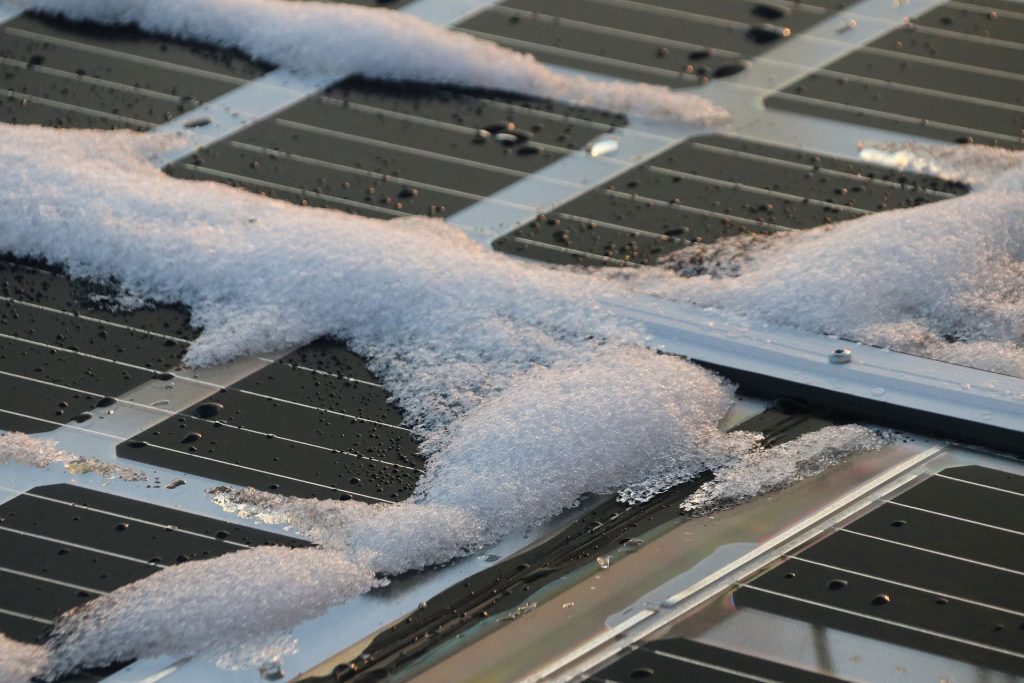Spoiler alert: If conserving energy is important to you for personal and ethical reasons, then solar panels are a good investment. This is an undisputed fact. But do solar panels generate a good return on investment, like, for example, a kitchen remodel? The answer is no.
Cost/Benefit Analysis of Solar
The average cost to install solar panels in the United States is about $20,000 after federal tax incentives. On the low end, you can install a smaller system for around $14,000, while a high-priced Tier 1 solar panel system can cost $40,000 or more. In Utah, it is not uncommon for homeowners to finance solar panels. The interest rate can be anywhere from 4-16%. This presents an additional issue, which we will explore in this blog.
Switching to a solar energy system could potentially cut your energy bill by 75%. The savings depend greatly on where you live, what the climate is like and your particular energy needs. In a sunny environment like Park City, the panels can work hard most of the year. But remember, in Utah, energy is inexpensive compared to other states, like California.
Let’s assume your average energy bill is $150/month ($1,800/year). If a solar energy system costs $30,000, it will take over 15 years to break even. If you take the federal tax credit into account, it could take 7-10 years to break even.
The obvious benefit of solar panels is that they save energy and will reduce your energy bill and they allow the United States to be less dependent on foreign and environmentally damaging sources of energy.
Solar in a Snowy Area

A disadvantage to solar panels is that they rely on the sun. If your solar panels are covered with snow, or there are cloudy days for an extended period, this will negatively impact how the system runs. Once installed, it’s nearly impossible (and from a realtor’s perspective not recommended) to take your panels with you. The system would need to be dismantled, leaving damage to both the roof and panels.
Solar Panels and Real Estate Transactions
If you have solar panels on your home when you go to sell it, the Utah Association of Realtors has created a “Solar Panel Addendum” to the Real Estate Purchase Contract. This specifies whether the panels are owned, leased, or financed. If the panels are financed or leased, the buyer must assume the lease or financing. I once wrote an offer on a home priced under $1 million where the financing for the panels was about $800/month. This killed the transaction.
If the panels are owned free and clear, it is my opinion that they do not increase the value of the home. I have represented both sellers and buyers of homes with solar panels and this was my personal experience. I did a cursory review of sales of Park City properties with solar panels that are active, pending and sold within the past 6 months. The price of the home was correlated to location (including views) and condition of the home (updated) versus the presence of solar panels.
The Bottom Line on Solar
If you want a return on investment to upgrade your home, start with the kitchen and baths. Install solar panels for personal reasons with the understanding that you may not break even for at least 7 years and if you sell your home sooner than that, you should not expect a premium on the price.
Sources:
https://www.consumeraffairs.com/solar-energy/how-much-do-solar-panels-cost.html
https://www.consumeraffairs.com/solar-energy/solar-energy-pros-and-cons.html
1 Comment
Thanks for yet another good post which I find both helpful and timely!